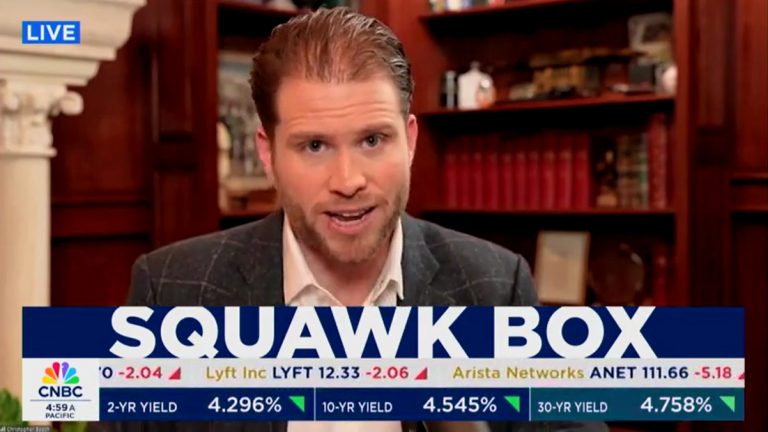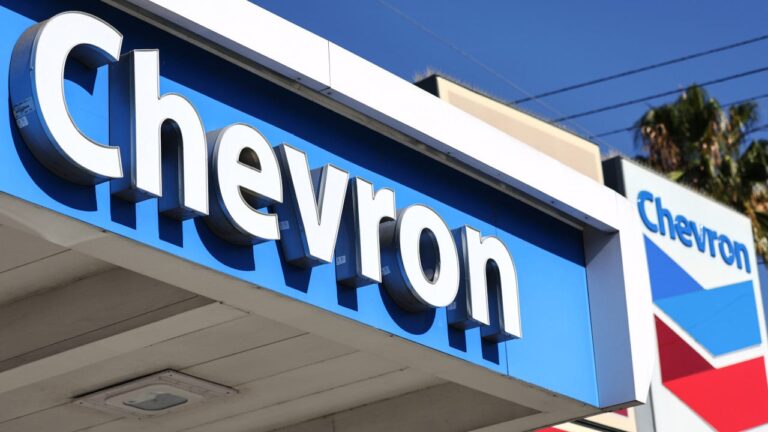
The average driver spent more than £2,000 running their car last year, according to car finance specialists Zuto. That’s enough to heat and power the average home for a year. Aidan Rushby, chief executive of car finance app Carmoola, said a car is an essential for most of us so it pays to do all you can to drive the cost down.
“From the way you fund your car purchase, to the type of car you buy, the fuel it’s powered with, and insurance and maintenance, it’s possible to slash hundreds of pounds off the cost of ownership.”
If buying a new car in 2024, don’t simply look at the purchase price when deciding what you can afford. “Fuel-efficient models could save you hundreds of pounds a year, depending how far you travel, while choosing a car in a lower tax band could save you £180 a year.”
Check car finance costs, too, possibly by using an online calculator. “This can help you understand what cars are within your reach by showing you how much you’ll pay each month, based on different loan amounts.”
Once you have the keys keep up with the maintenance, Rushby says. “Stick to your car’s servicing schedule as oil changes, filter replacements and tyre checks can prevent costly repairs.”
Smooth acceleration, using the highest efficient gear and turning off the engine when idling can save on fuel and reduce wear and tear. “It may also help you avoid accidents and speeding fines,” he adds.
Regularly check and maintain tyre pressure, as correctly inflated tyres reduce fuel consumption and improve safety, and unload extra weight as lighter vehicles use less fuel.
Sites such as petroprices.com can help you find the lowest priced fuel in your area. If you have an electric vehicle (EV), try to charge at the cheapest time which is typically overnight. “Set your car’s charger to only draw power when costs are low.”
If you paid for your car using credit, see if you are able to cut the cost by making overpayments or refinancing with another provider, Rushby said.
Be warned as lenders are likely to charge penalty fees if you overpay or switch, so always check first.
Motor insurance is one of the biggest expenses of all, and premiums have rocketed in recent years, according to research from comparison site Compare the Market.
The cost of insuring a petrol-fuelled vehicle jumped by £337 to £980 in the year to November, with EV premiums climbing £313 to £929 a year.
More expensive parts, energy and labour are driving up insurance bills but motorists could potentially save up to £519 a year by shopping around rather than automatically renewing when their policy expires, said Compare the Market’s motor insurance expert Julie Daniels.
Electric cars cost more to buy and sales dropped 17.1 percent in November as higher living costs bite, according to the Society of Motor Manufacturers and Traders.
Upcoming tax increases may also make EVs less appealing, Daniels added. “Owners will need to start paying Vehicle Excise Duty from April 2025, costing around £180 a year.”
READ MORE: New 2024 Brexit rule change expected to save drivers £3,000 in huge relief
Many EV owners also risk paying the expensive car supplement, which is set at £390 a year for cars with a list price of £40,000.
This is payable every year for five years, on top of standard VED. “EV owners who buy more expensive motors could soon need to pay an extra £570 in road tax each year,” Daniels said.
Due to the higher upfront purchasing cost, EV motorists tend to be older and more experienced drivers, Daniels added. “They are also more likely to have off-street parking to charge their vehicles overnight.”
This means they pay less for insurance, while younger EV drivers could face even pricer premiums.
Drivers who’ve made the switch to an EV will find they are substantially cheaper to run than petrol-fuelled cars.
Daniels cautioned: “However, the significant upfront cost of buying an electric car and installing a home charging point along with the upcoming tax increases will prevent many drivers from being able to afford this option.”
Whatever car you drive, always keep your eye on the road when it comes to the cost.





